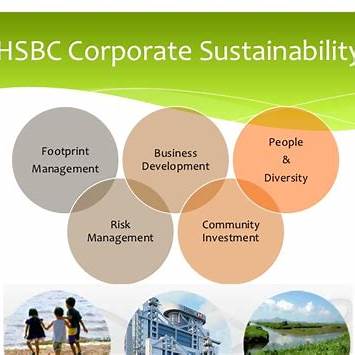20 April – In Malaysia’s evolving corporate landscape, Environmental, Social, and Governance (ESG) reporting has shifted from a box-ticking exercise to a strategic necessity. At the core of this transformation are internal auditors—often overlooked yet crucial figures—who serve as the silent guardians of ESG integrity within public-listed companies (PLCs).
Internal Auditors: The ESG Sentinels
Since the implementation of enhanced sustainability reporting requirements by Bursa Malaysia in 2022 and climate risk frameworks by Bank Negara Malaysia, internal auditors have been thrust into a pivotal role. Their responsibilities now extend beyond traditional financial compliance to include evaluating ESG goals, verifying sustainability disclosures, and ensuring that ESG metrics reflect real impact rather than corporate window dressing.
Leveraging the 5Ps Model for ESG Governance
The 5Ps model—Planet, Public, Profession, Prosperity, and People—formulated by Lenz and Jeppesen in 2022, is emerging as a key framework to guide internal auditors in their ESG oversight roles. This model empowers auditors to go beyond operational checklists and engage in strategic discussions on how ESG initiatives align with long-term corporate value creation and stakeholder expectations.
Challenges Ahead: Skills, Technology, and Role Clarity
Despite their central role, many internal audit teams face skill gaps, especially in assessing environmental risks such as biodiversity loss and climate-related impacts—issues particularly relevant to Malaysia. The integration of technology and data analytics is also a growing need, yet the pace of adoption is uneven. Moreover, ambiguity persists regarding the distinct roles of internal vs external auditors in ESG assurance, underscoring the need for clearer regulatory guidance.
The Data Integrity Imperative
As ESG disclosures become more data-centric, internal auditors are also increasingly responsible for overseeing cybersecurity and ensuring the accuracy of ESG-related information. With growing threats in the digital space and rising scrutiny from investors, ensuring the integrity and security of ESG data is no longer optional—it is fundamental.
Conclusion
Internal auditors are no longer confined to the shadows of financial compliance. In the ESG era, they are emerging as essential navigators, guiding corporate Malaysia through complex sustainability terrain. Through professional development, strategic frameworks like the 5Ps, and active stakeholder engagement, these silent guardians are shaping a more transparent, resilient, and accountable corporate ecosystem.
Source:
Akses Malaysia







